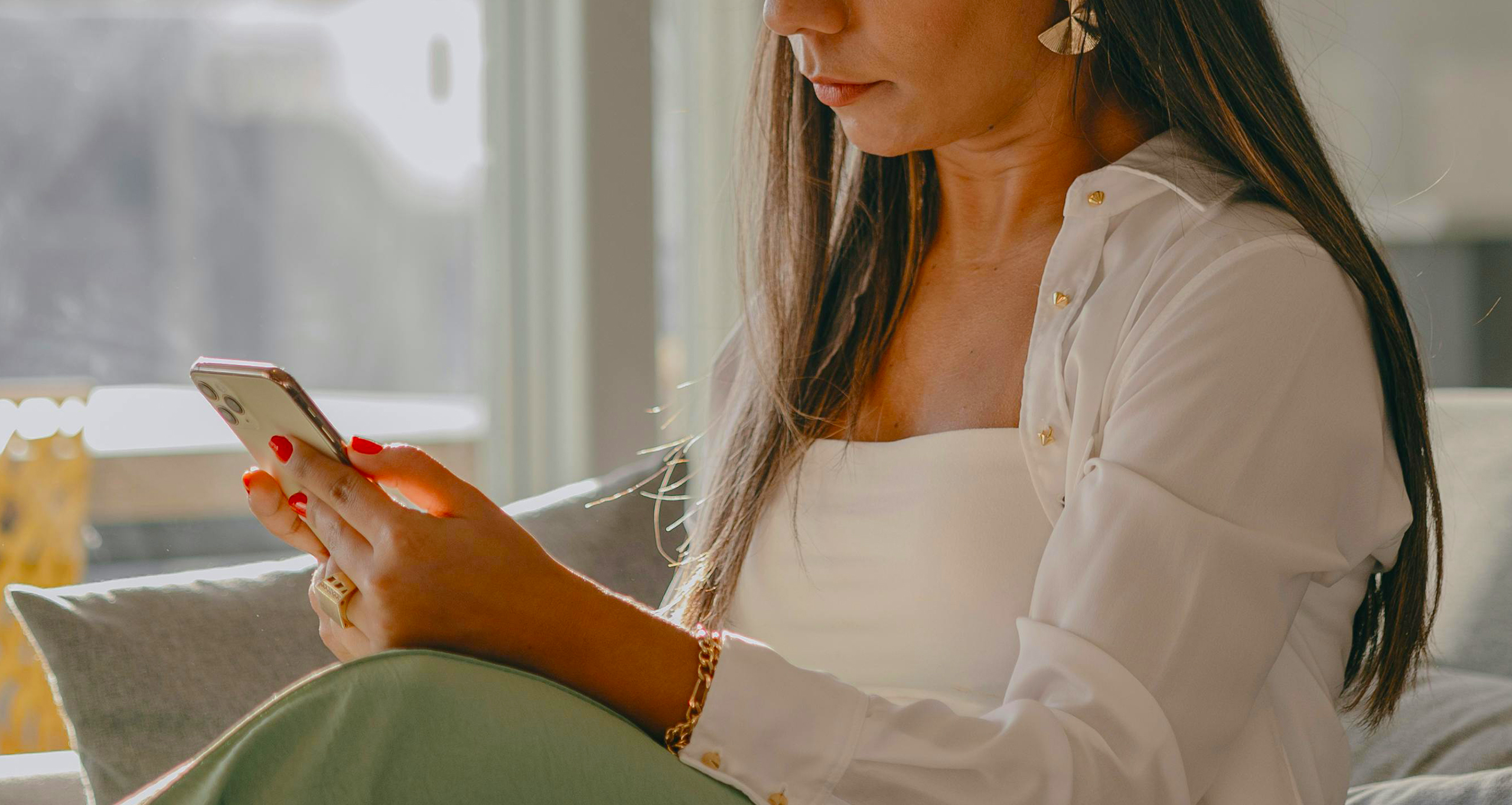Why I still believe in the power of digital detox
Published on July 30, 2025

As someone striving to practice digital minimalism, I’m continually intrigued by the choices people make around technology. Cutting back on screens and eliminating social media has brought peace to my life and become a core value in my marriage and family. So, when I see others defending the omnipresence of tech in their lives, I can’t help but look deeper – what’s behind that resistance?
That was my question when I read this article from Evie Magazine, a conservative outlet for women that publishes on lifestyle, fashion, media, and other topics. While the perspective detailed in the article was one I hadn’t necessarily heard before, the author’s position is that “digital detox” is not good for everyone – an argument important to oppose.
Loneliness vs. logging off
The author of the article describes feeling more isolated after deleting her social media apps. “We glamorize the idea of a digital detox,” she writes, “but in practice, cutting yourself off from every outside connection can quietly open the door to the rabbit hole of loneliness.” I’ve felt this, too—the assumption that removing tech will immediately fix issues like anxiety, comparison, or loneliness. But boundaries alone aren’t cures. They create the space for healing to begin, not its final outcome.
I understand the emotions she describes—withdrawal from social connection, apathy, even symptoms of depression. But when she turns back to social media for relief, I see that as part of the problem. These platforms are engineered to make us feel incomplete without them. The belief that being online equals being connected is exactly what these companies thrive on.
The detox is supposed to hurt – at first
Facing what tech often masks—emotional struggles and spiritual desolation—can be jarring. But escaping back into digital life won’t solve the deeper issues. Social media doesn’t fill our loneliness; it teaches us to be “alone together,” as researcher Sherry Turkle puts it.
Digital detox often exposes how broken our thought patterns and relationships have become. But like any other detox, true healing comes by pushing through discomfort, not avoiding it. If we stop detoxing because we feel worse before we feel better, we’ve misunderstood the process. Emotional symptoms are clues, not just side effects.
Tech isn’t just a tool
We often think the problem is with us: that if we just had more discipline, we’d be fine. But much of today’s tech is built to be addictive. Social platforms exploit real human needs—for belonging, affirmation, stimulation—then give us only the illusion of fulfillment. It’s not just about willpower; it’s about wisdom.
The cycle described in the article mirrors what we know about addiction: withdrawal, followed by relapse. When detoxing from anything that’s become a crutch, symptoms like brain fog, anxiety, and loneliness are normal. But returning to the source of the addiction for relief only deepens the dependency.
The better way forward
I don’t just think digital detox is worthwhile—I believe that leaving these platforms entirely is a victory. But even for those not ready to go that far, there’s immense value in standing still, offline, and looking honestly at what we find. That discomfort? It’s a teacher. It’s also a call to something richer, slower, and more human.
As the Evie author herself writes, “sometimes our emotions follow our actions.” The action of stepping away is what reveals what’s really going on inside—and gives us the chance to heal it, instead of hiding from it.




Rachael Killackey has brought clarity to detoxing from digital addiction…and any addiction for that matter…The Classroom of Silence helps one get clarity.